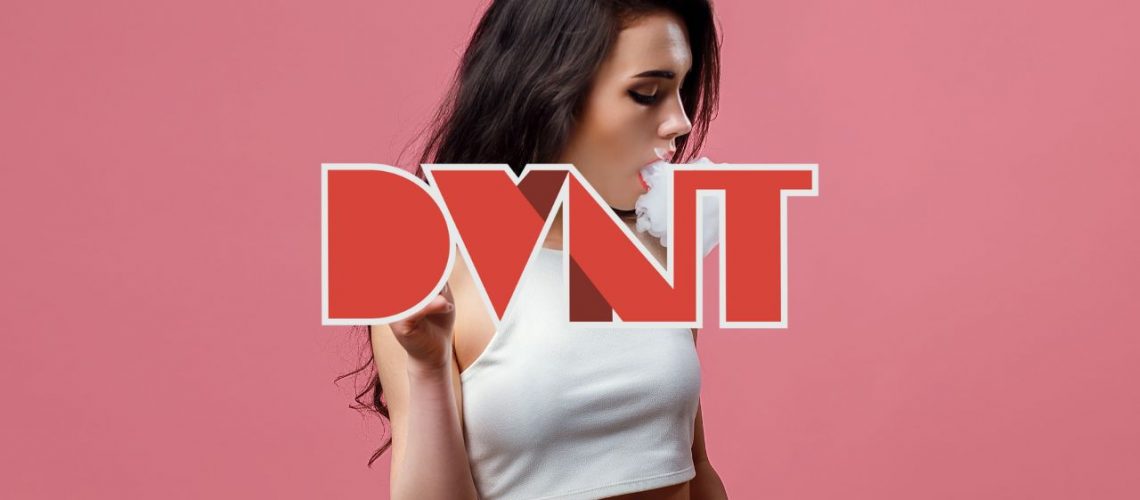What To Expect From A Delta 8 High

These days, everyone’s talking about delta 8. The cannabinoid has taken the country by storm seemingly overnight. For users in states without legalized recreational cannabis, d8 is an option for a legal high. Others enjoy that it offers a milder experience than traditional THC. But what does a delta 8 high actually feel like? Read on to learn all about this new cannabinoid on the block and what to expect after using it.
In the meantime, if you’d like to experience a delta 8 high for yourself, check out our selection of prerolls, gummies, and blunts. Our products are lab tested, and made from organic ingredients so you can soar sky high with confidence.
What is delta 8?
Delta 8 is a naturally occurring cannabinoid, and a form of THC. When we hear people mention THC, they’re actually referring to delta 9 THC. According to the University of South Carolina, the difference between the two lies in “the position of a double bond on the chain of carbon atoms they structurally share. Delta 8 has this double bond on the eighth carbon atom of the chain, delta 9 on the ninth carbon atom”. While it is a small difference, it accounts for the contrast between a delta 8 high and a traditional THC high.
Delta 8 was initially discovered by American chemist Roger Adams in the 1940s. Cannabis only contains extremely small amounts of this cannabinoid. So, for years there wasn’t really any incentive to do anything on a large scale with it. After all, cannabinoids like delta 9 THC and CBD are naturally abundant. Decades later, Israeli chemist Raphael Mechoulam filed for a patent in 2002 for the process of isomerization. This really changed the game because the method can be used to convert other, more abundant cannabinoids into delta 8.
It would be years before Mechoulam’s innovation would pay off on a large scale. In 2018, the Farm Bill legalized hemp on a federal level in the US. This means that cannabinoids, whether they are psychoactive or not, are legal according to the bill as long as they are derived from hemp. In legal terms, hemp is defined as cannabis containing .3% or less of delta 9 THC. Between the Farm Bill and isomerization, the stage had been set for delta 8 to finally have its time in the spotlight.
Potency
Delta 8 is considered to be about half as potent as delta 9. It binds to the CB1 receptors of our endocannabinoid system with less strength than delta 9. A cannabinoid’s interaction with our CB1 receptors produces a high. The weaker bind is why the high is not as strong as a delta 9 high. On the other hand, both deltas 8 and 9 have an affinity for the CB2 receptors. This interaction produces an anti-inflammatory response. Medically, delta 8 may be a great option for patients who want relief without the intensity of a delta 9 high. (To learn more about d8 and the ECS, check this out).
Researchers from the University at Buffalo and the University of Michigan teamed up to survey over 500 users’ experiences. One participant described delta 8 as delta 9’s “nicer younger sibling”. The results of the survey point to the many benefits of delta 8. Compared with THC, participants stated that they experienced either no paranoia or “a little” when using delta 8. The lower potency seems to set the stage for a smooth, calming high without the anxiety that can accompany the more intense high of delta 9. The users described their delta 8 highs as relaxing and euphoric.
My own delta 8 high
I can tell you from experience, delta 8 hits when you’re looking to relax, without being glued to the couch. I like the mild buzz, and the high isn’t so dominating that I feel trapped inside a mind full of racing, anxious thoughts. A delta 8 high is incredibly relaxing and carefree. And if I want to experience a high more comparable to traditional THC, all I have to do is consume a larger amount of d8.
